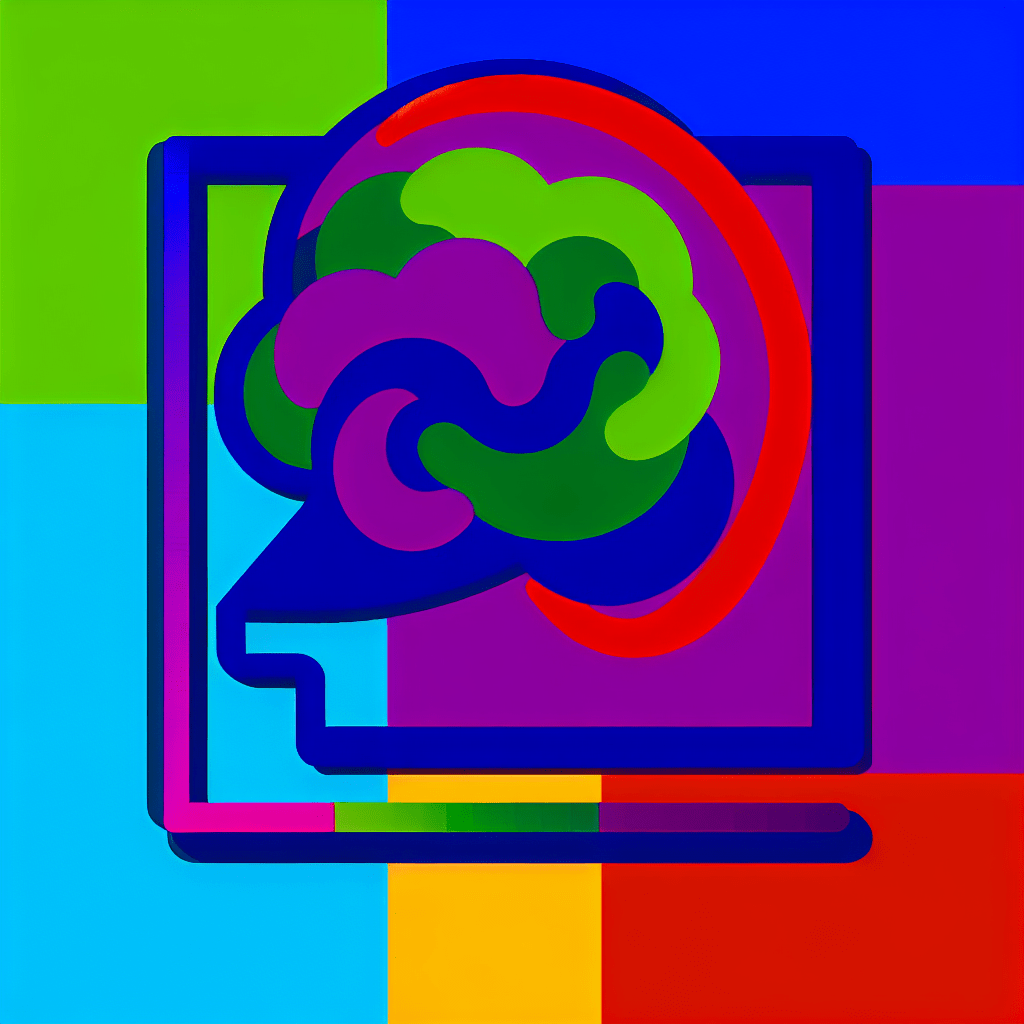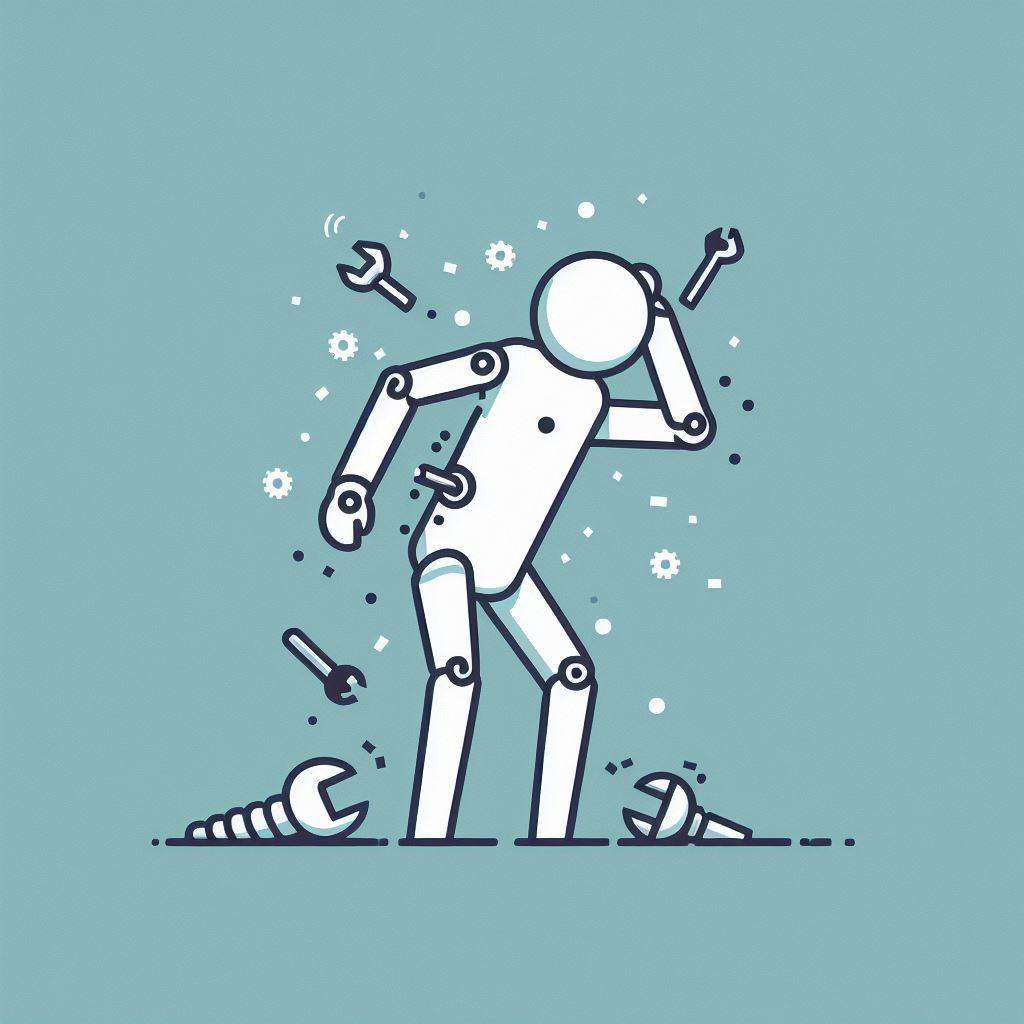In this interview, Roger Penrose, a mathematical physicist, discusses his interest in consciousness and its departure from his usual scientific pursuits. His fascination emerged from early discussions with his father about the computational nature of consciousness. During his undergraduate studies, exposure to Godel’s theorem and discussions on quantum mechanics further shaped his views. Penrose argues that consciousness involves understanding, and Godel’s theorem highlights the limitations of computational processes.
The core element that led Penrose to reject the computational theory was Godel’s argument, emphasizing the gap in understanding not filled by computational processes. Penrose contends that consciousness, particularly understanding, cannot be reduced to computation. He highlights the inconsistency between the continuous evolution in quantum mechanics and the discrete nature of measurements. Penrose suggests this inconsistency demands a new theory beyond existing physics, especially addressing state reduction in quantum mechanics where computation falls short.
Penrose argues that consciousness is not computable and requires a theoretical framework beyond current physics. He identifies the gap in understanding arising from quantum mechanics as crucial. While acknowledging his perspective may not cover all aspects of consciousness, Penrose contends that understanding in mathematics provides a clear case where computational processes are insufficient for conscious awareness.
My summary: thinking that AGI is just around the corner says a lot about your own natural general intelligence.




